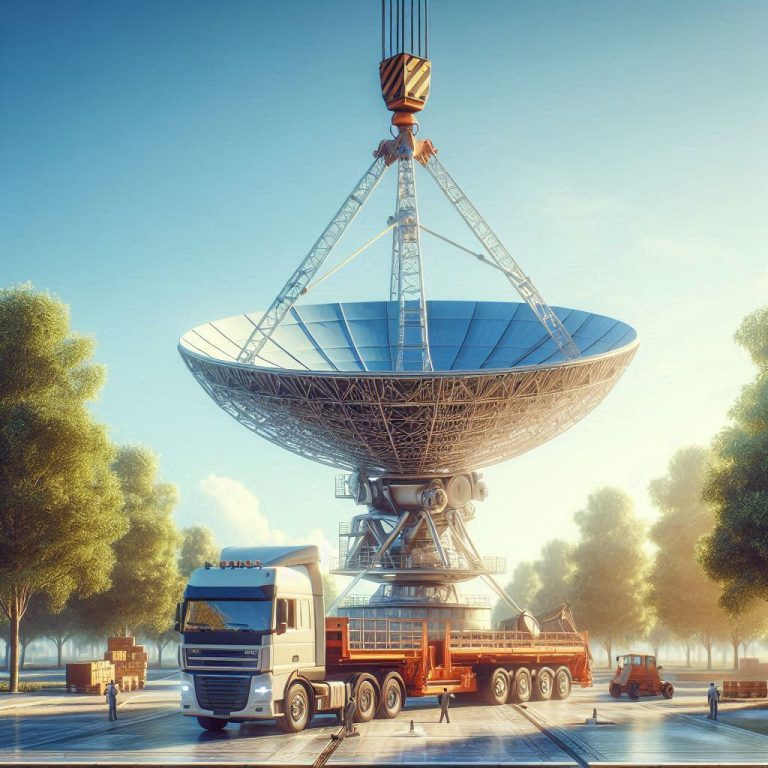
Elon Musk has been involved in several investigations by the Federal Aviation Administration (FAA) through his company SpaceX, primarily related to safety and regulatory compliance issues with rocket launches. These investigations predate his role with the Department of Government Efficiency (DOGE), which began on January 20, 2025. Below is a detailed account of notable FAA investigations involving Musk and SpaceX, based on available information up to February 20, 2025, focusing on pre-DOGE incidents:
1. December 2020 Starship Prototype Launch (SN8) – Unauthorized Launch Investigation
- Date: December 9, 2020
- Details: SpaceX launched its Starship SN8 prototype from its Boca Chica, Texas, facility without FAA approval. The FAA had withheld permission due to weather concerns that posed risks to nearby residents if the rocket exploded. SpaceX proceeded anyway, and the rocket exploded upon landing. While no injuries occurred, the FAA launched an investigation into the unauthorized launch, citing potential public safety risks. SpaceX reportedly dismissed the FAA’s weather warnings as outdated, according to internal documents later obtained by The Verge.
- Outcome: The FAA paused SpaceX’s launch license during the investigation. SpaceX framed the incident as a successful test despite the “hard landing,” but the episode strained relations with the agency. The investigation concluded with SpaceX agreeing to stricter compliance measures, though specific penalties remain unclear.
2. 2022 Starlink Launch – Collision Avoidance Data Violation
- Date: 2022 (specific date not publicized)
- Details: The FAA investigated SpaceX after it failed to submit a mandatory collision avoidance analysis for a Falcon 9 launch carrying Starlink satellites from Florida. This data is critical to ensure satellites do not endanger other spacecraft or aircraft. The lapse prompted regulatory scrutiny.
- Outcome: In February 2023, the FAA proposed a $175,000 fine against SpaceX for this violation. SpaceX had 30 days to respond, but the final resolution is not widely documented. This incident highlighted ongoing FAA concerns about SpaceX’s adherence to safety protocols.
3. June and July 2023 Falcon 9 Launches – Safety and Licensing Violations
- Date: June and July 2023
- Details: The FAA investigated two Falcon 9 launches for alleged breaches of SpaceX’s launch license:
- June 2023 (Cape Canaveral): SpaceX used an unapproved launch control room and skipped a required readiness poll, both of which violated safety protocols.
- July 2023 (Kennedy Space Center): SpaceX implemented an unapproved rocket propellant farm configuration without prior FAA authorization. The company later claimed the change enhanced public safety, but the FAA disagreed, citing a lack of risk analysis.
- Outcome: On September 17, 2024, the FAA proposed fines totaling $633,009 for these violations. SpaceX contested the penalties, calling them frivolous in a letter to Congress and threatening to sue for “regulatory overreach.” Musk publicly criticized the FAA, accusing it of harassing SpaceX while ignoring Boeing’s safety issues. The case remained unresolved by January 20, 2025, when DOGE was established, with SpaceX given 30 days to respond formally.
4. Environmental and Licensing Delays (Ongoing Pre-2025)
- Context: While not always framed as formal investigations, the FAA repeatedly delayed SpaceX’s Starship launches due to environmental reviews and permitting issues, often sparking Musk’s ire. Examples include:
- 2021-2022 Boca Chica Delays: The FAA, in coordination with the U.S. Fish and Wildlife Service, conducted extensive environmental assessments of Starship launches’ impact on local ecosystems, delaying approvals.
- 2024 Starship Flight 5 Delay: The FAA pushed the fifth Starship test flight from mid-September to October 13, 2024, citing environmental concerns (e.g., sonic booms) and SpaceX’s late submission of updated plans. Musk called this “regulatory overreach,” claiming it stifled humanity’s progress to Mars.
- Details: These reviews often involved investigations into SpaceX’s compliance with federal regulations, though they were more procedural than punitive. Musk’s frustration led to public clashes, including his September 25, 2024, call for FAA Administrator Michael Whitaker’s resignation.
- Outcome: No fines were issued here, but the delays fueled Musk’s narrative of FAA inefficiency, a tension that persisted into his DOGE role.
Post-DOGE Context (Not Included in Detail)
While not part of the pre-DOGE scope, it’s worth noting that on January 7, 2025, a Starship explosion scattered debris over the Caribbean, prompting another FAA investigation and grounding of the program. This post-DOGE incident intensified scrutiny of Musk’s FAA interactions, but since the question focuses on pre-DOGE investigations, it’s excluded from the main list.
Key Observations
- Nature of Investigations: The FAA’s probes into Musk and SpaceX centered on safety (unauthorized launches, missing data, unapproved changes) and environmental compliance, reflecting the agency’s mandate to protect public safety and airspace integrity.
- Musk’s Response: Musk consistently pushed back, framing the FAA as slow and obstructive, often via X posts and threats of litigation. His criticisms escalated in 2024, culminating in his demand for Whitaker’s resignation, which occurred on January 20, 2025, though no direct evidence links Musk to forcing it.
- Outcomes: Pre-DOGE investigations resulted in proposed fines ($808,009 total from 2022-2023 incidents) and temporary launch pauses, but SpaceX’s operational momentum continued, often resolving issues through negotiation or compliance adjustments.
These investigations highlight a fraught relationship between Musk’s SpaceX and the FAA, driven by SpaceX’s rapid development ethos clashing with the agency’s regulatory pace—tensions that prefigured Musk’s broader anti-regulatory stance with DOGE. Specific details like final fine payments or unreported investigations may exist but lack public documentation as of February 20, 2025.



